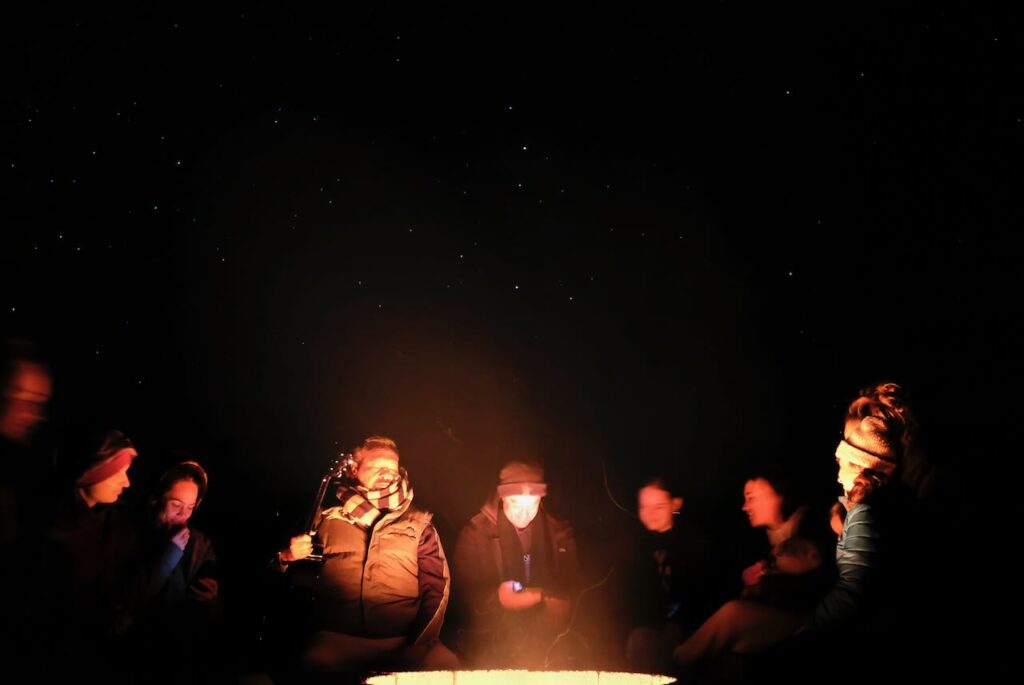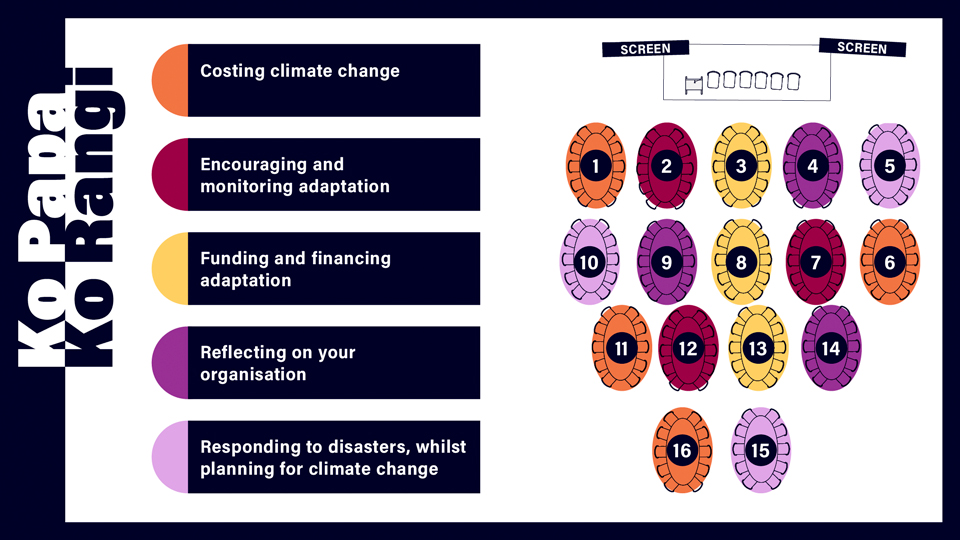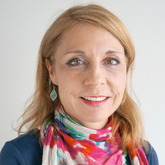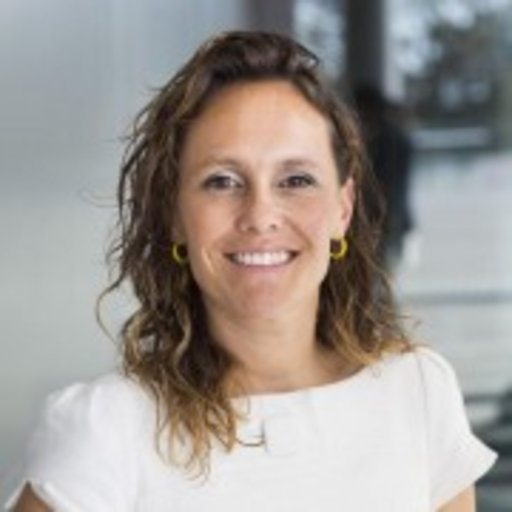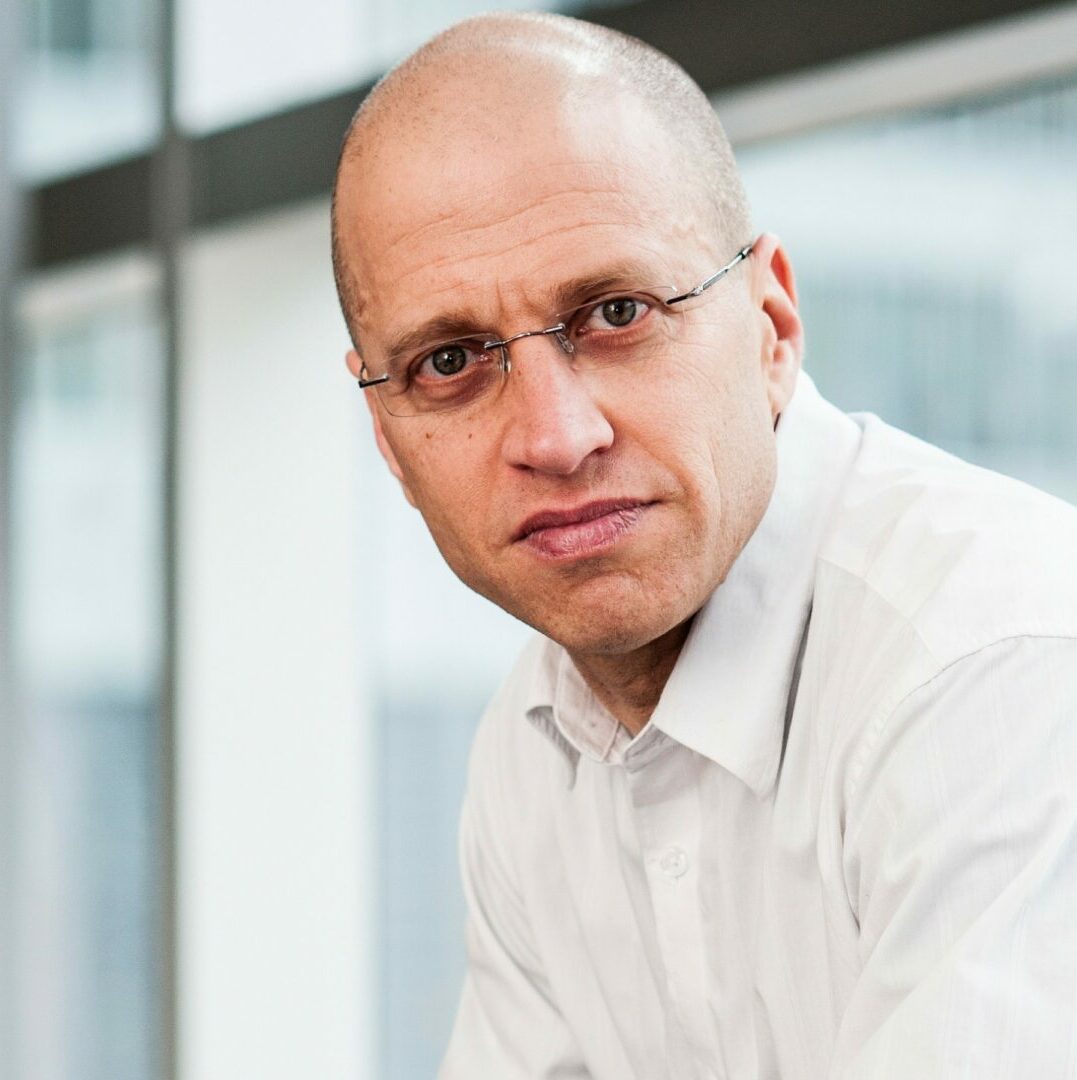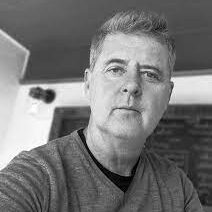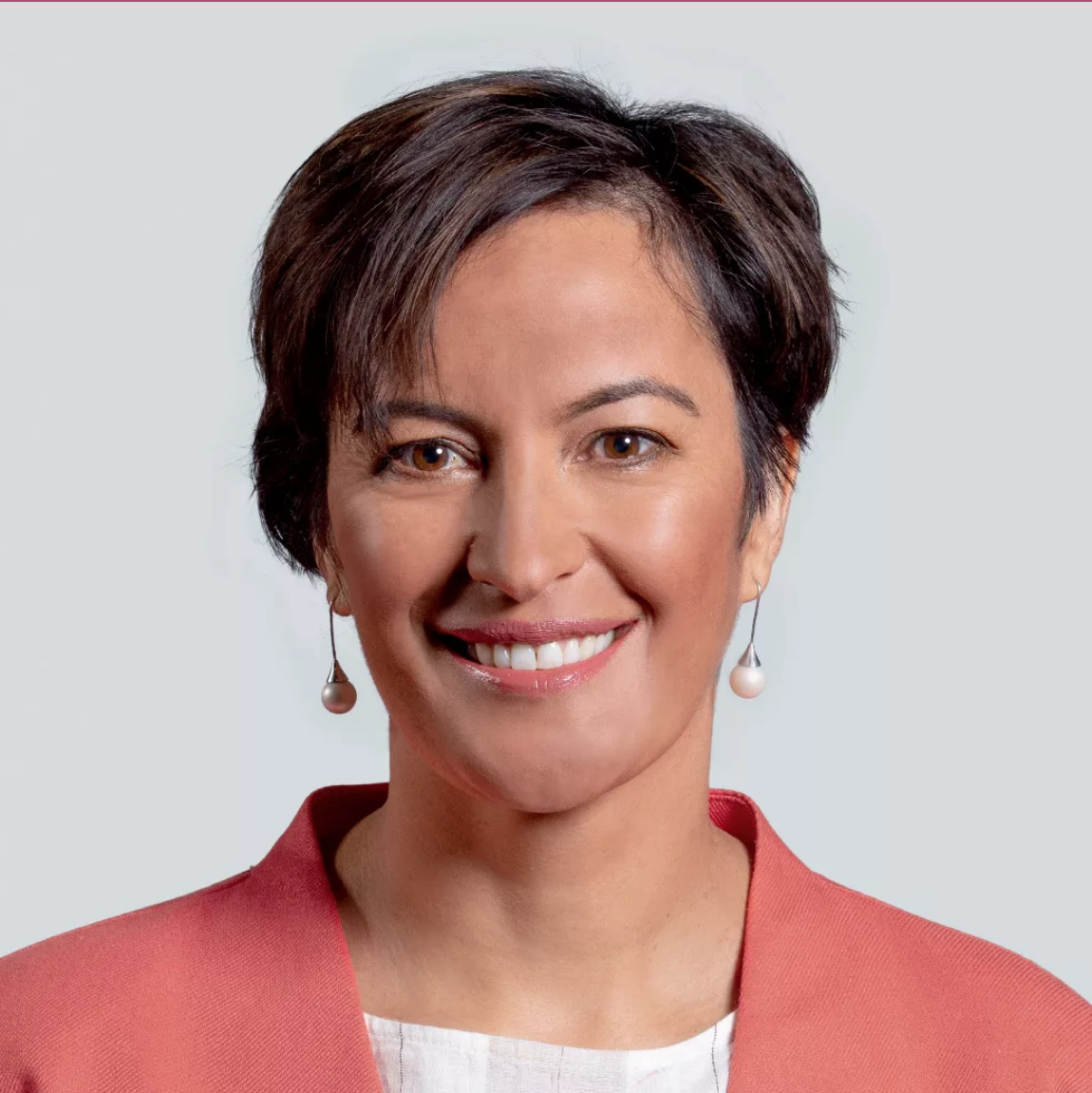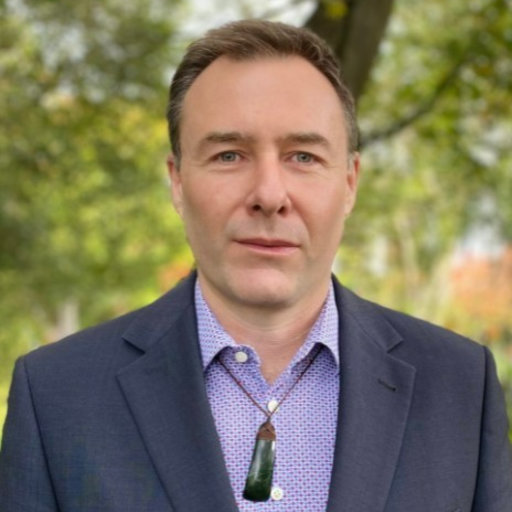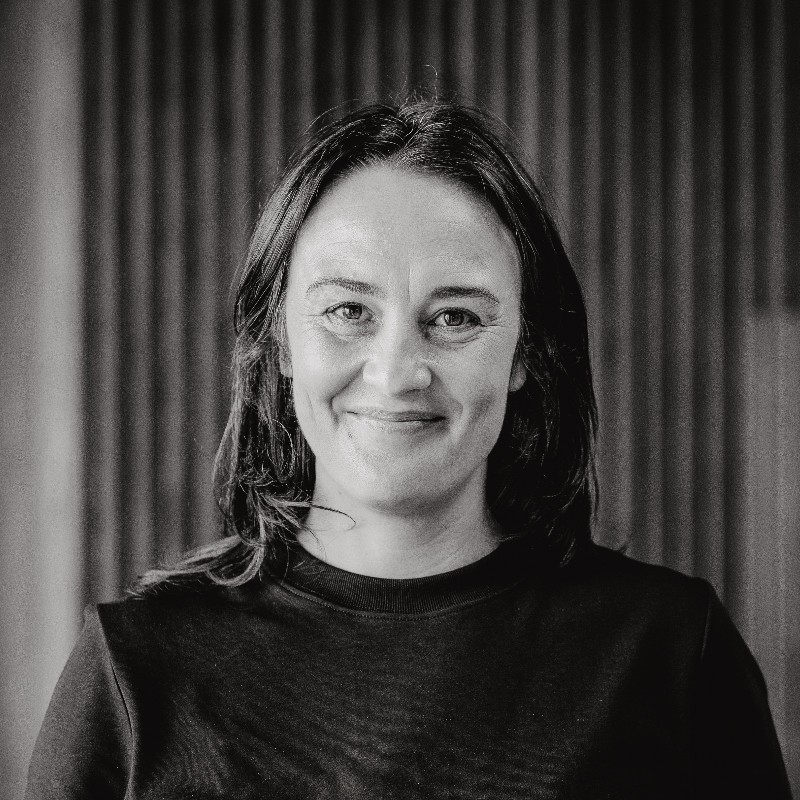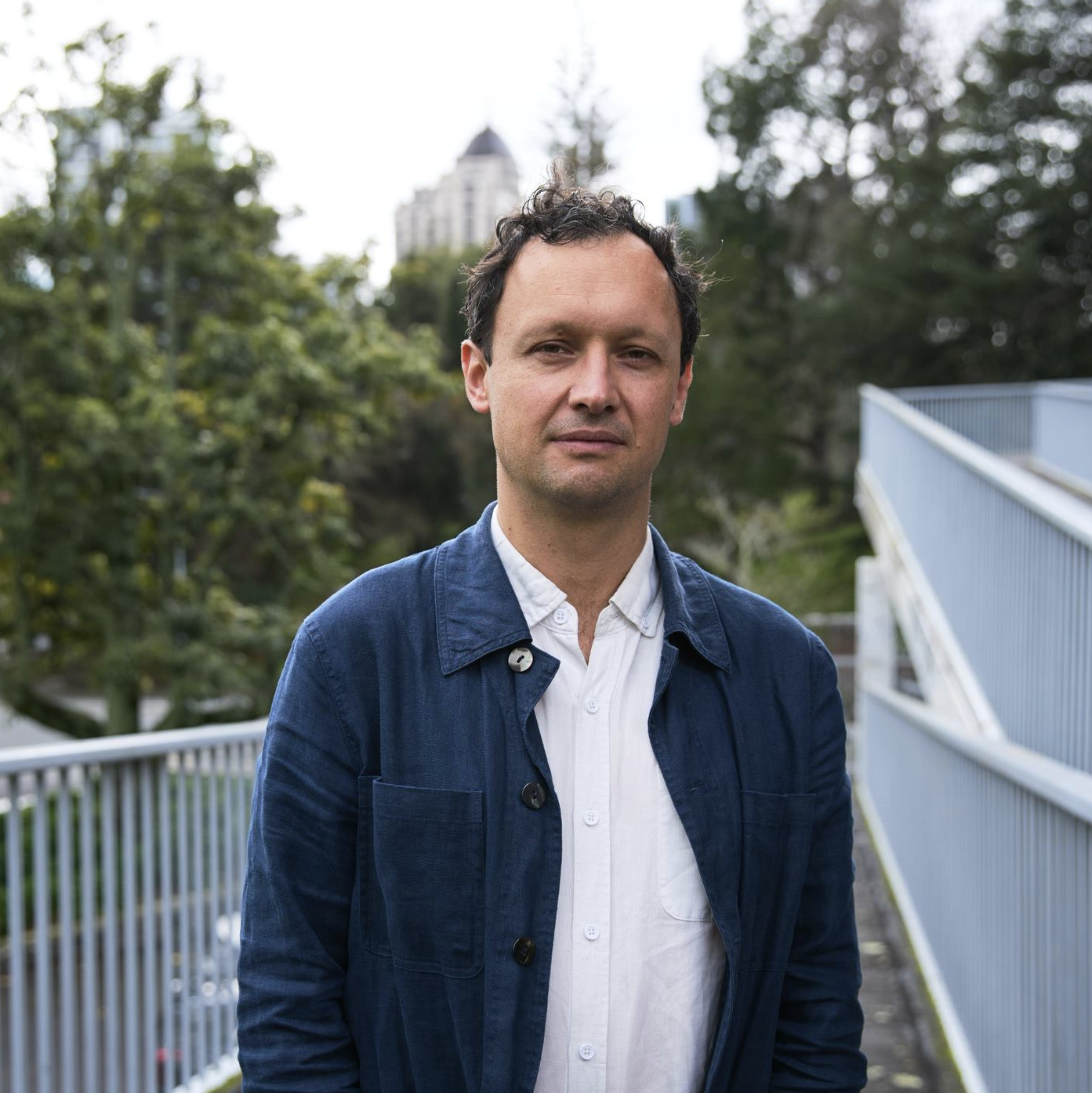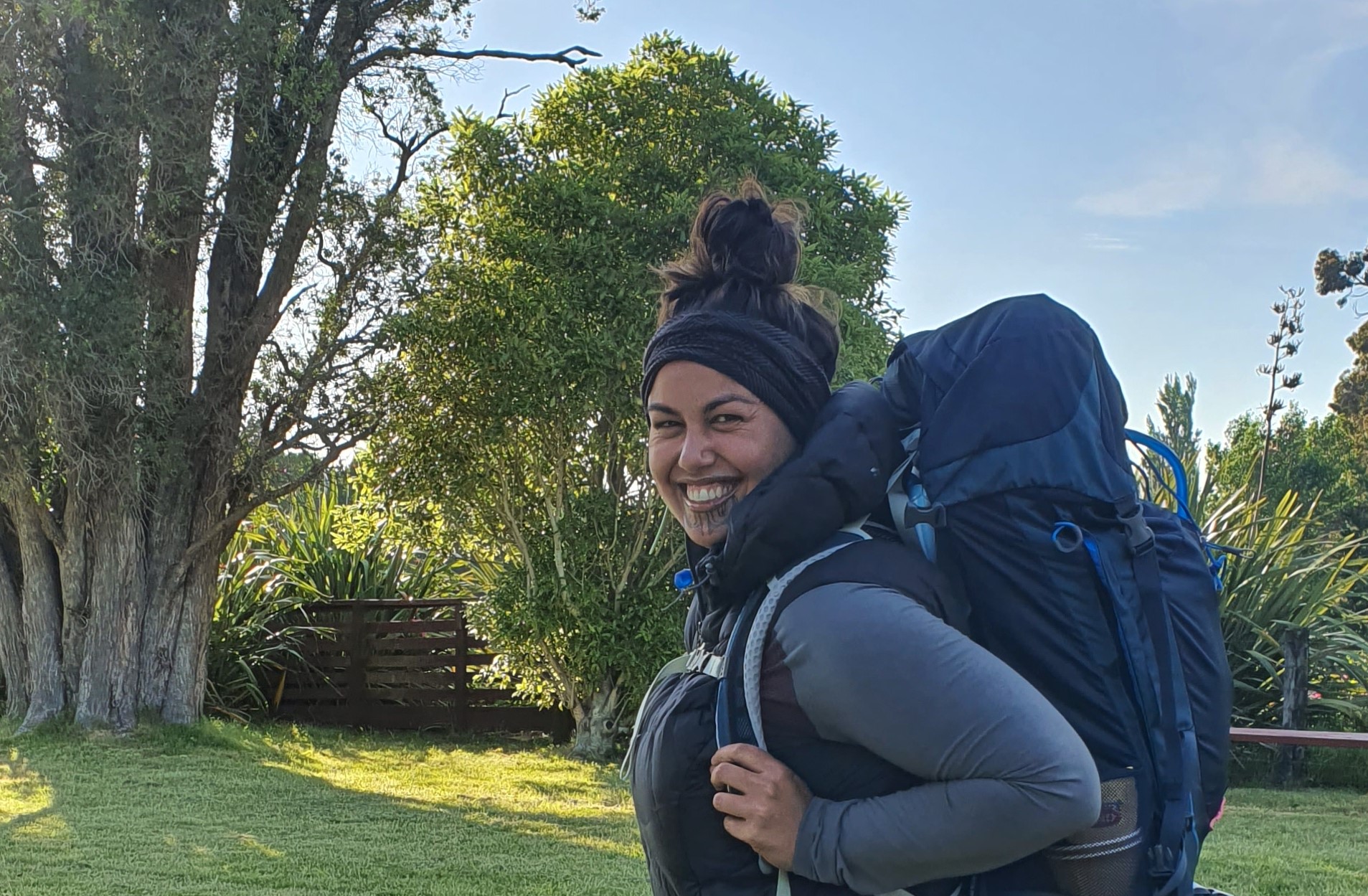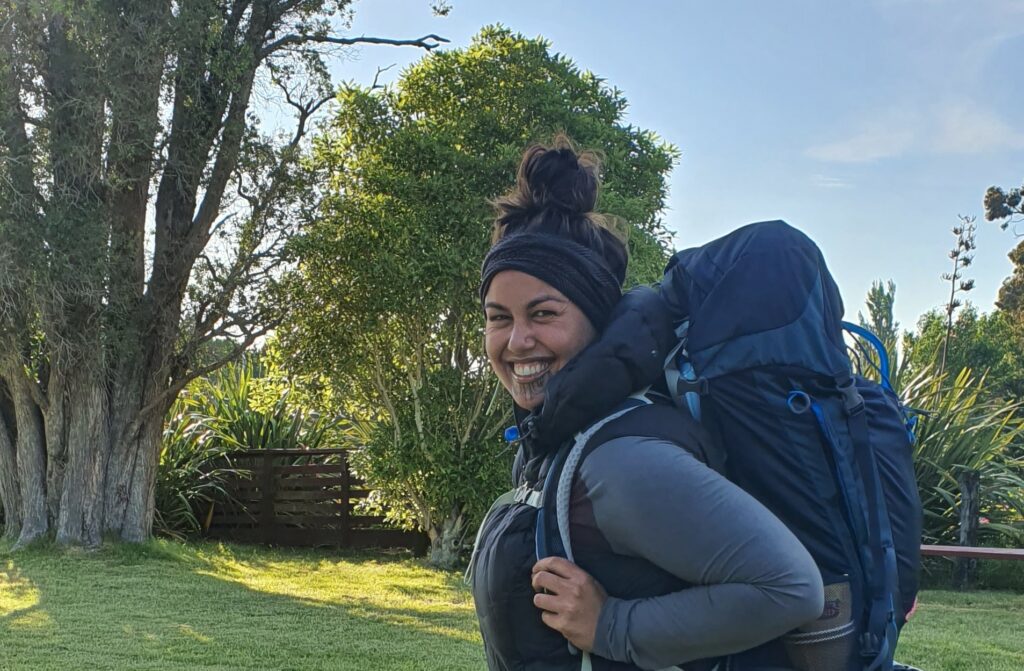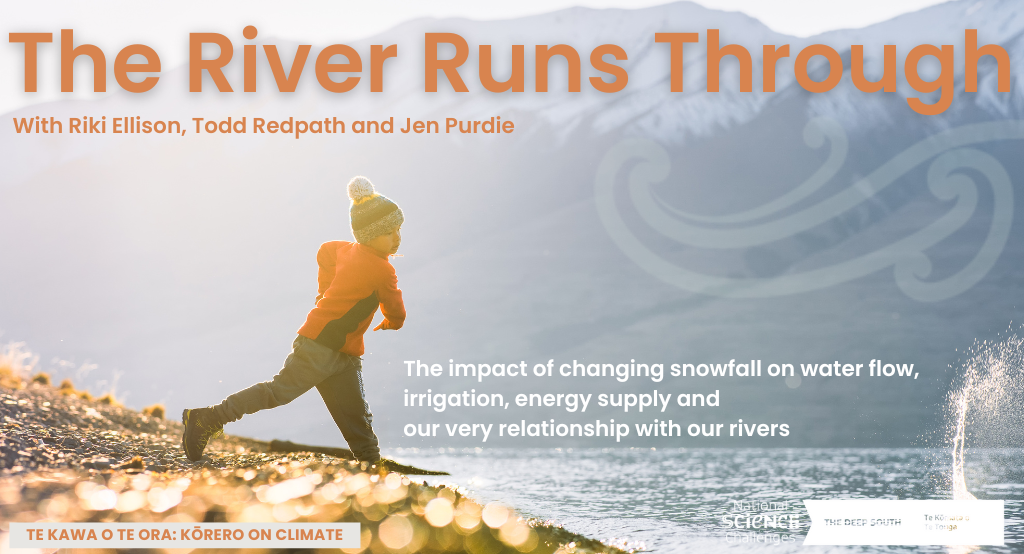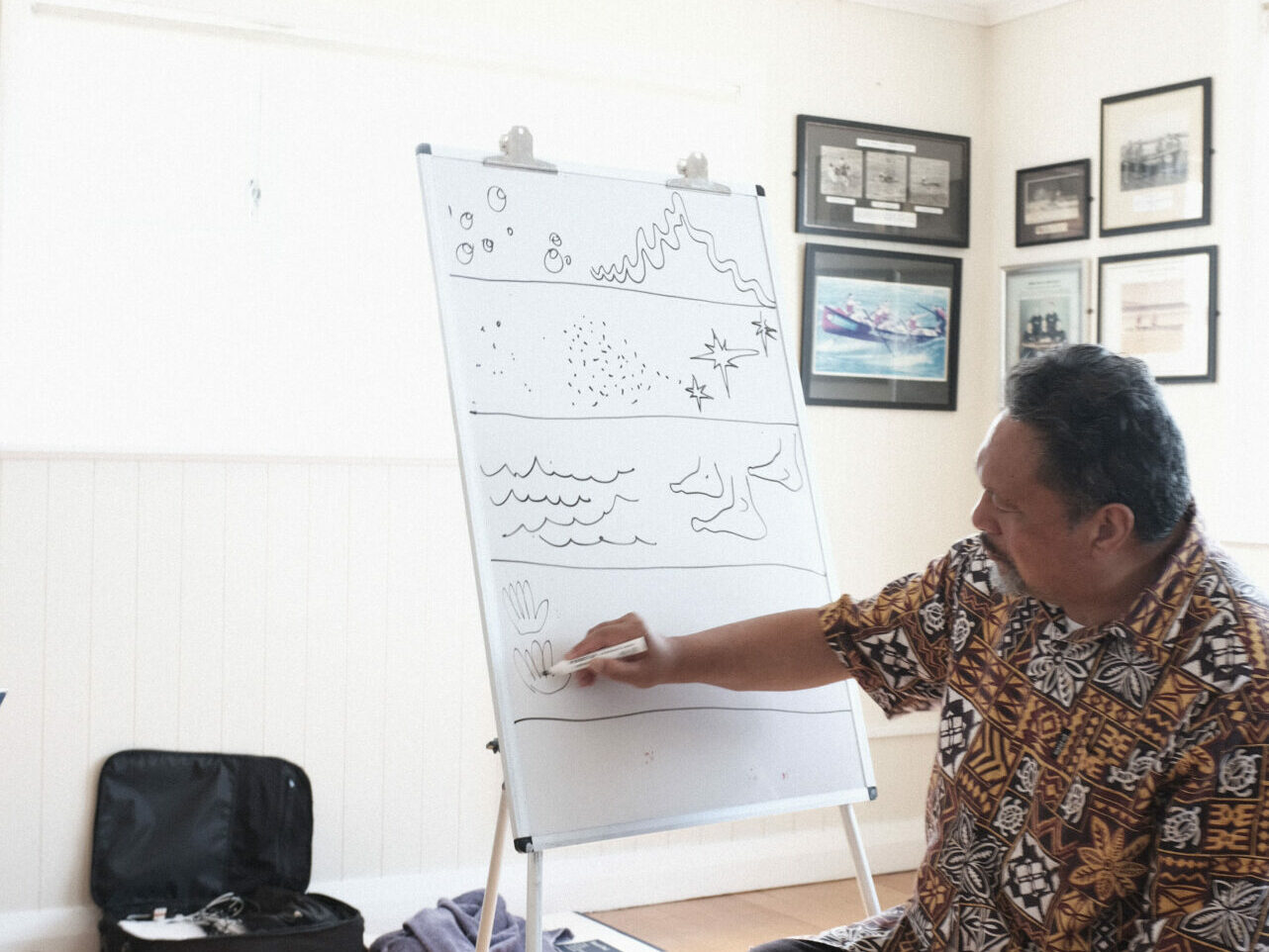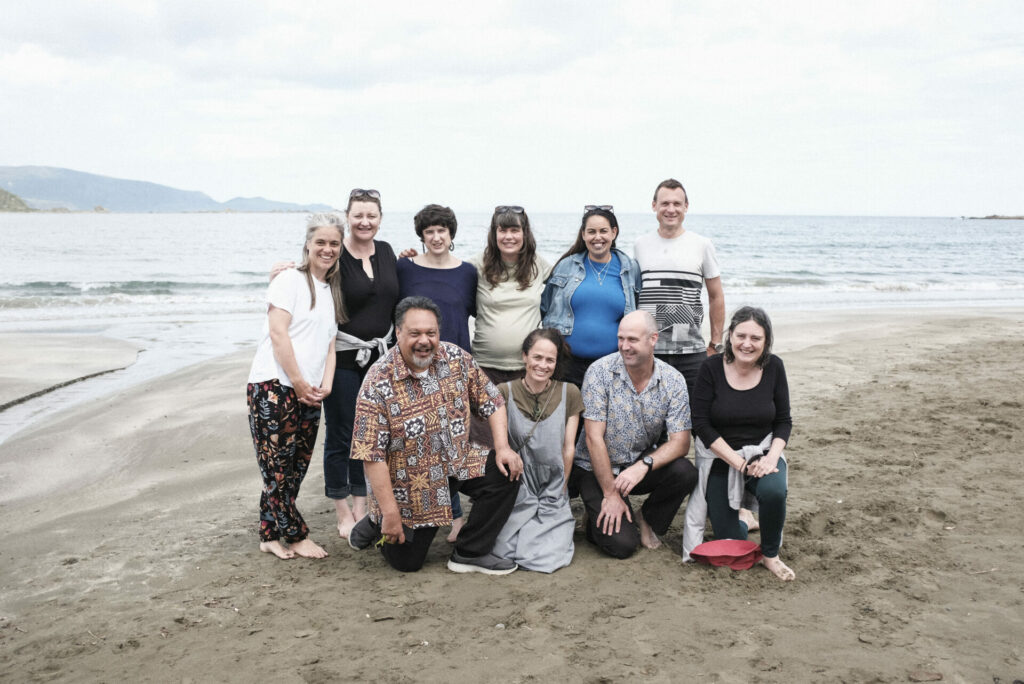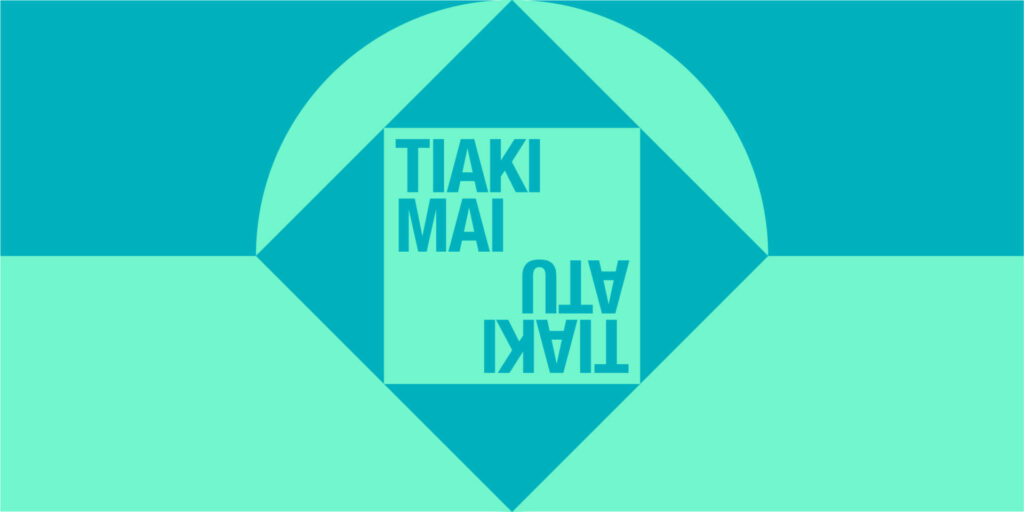
Date: 11-12 April, 2024
Place: Takapūwāhia Marae, Porirua
Tiaki Mai, Tiaki Atu
As the Deep South Challenge comes to an end, its important to create space for us to reflect on the past, discuss the present and move forward into the future. We will be graciously hosted by Ngati Toa (Te Ara o Raukawa Moana), at Takapūwāhia marae, with ample space to explore our kaupapa and rest our heads.
Programme
This gathering brings together those involved in our community based research into adaptation. The two days involve an inspiring line up of activities designed to share learnings, build connections, and spark discussions. Day One includes a tour of sites of significance for our hosts Ngati Toa, including discussion of their research as part of Te Ara o Raukawa Moana, and a showcase of the mahi done as part of Toi Rito, Toi Rangatira. Day Two includes a morning of creative workshopping, followed by an afternoon visit to the Living Pā and the work done as part of He Pā Mataora.
While we are still finalising the programme, please explore the programme below for an outline of the day. More details will be added as we get closer to the gathering.
Day One
9.00 am | Arrival and powhiri
We will meet at the entrance to Takapūwāhia Marae to be welcomed on at 9:30 am.
10:30 am | Morning tea and Deep South Challenge welcome
A cup of tea to settle us into the space.
11:00 am | Ngati Toa bus tour 
Exploring the local surrounds with mana whenua, as we learn about places of significance, adaptation and change . We will enjoy a packed lunch out and about.
12:30 pm | Lunch
Yummy
2:30 pm | Return to marae and afternoon tea
A cup of tea and some time to reflect.
3:00 pm | Sharing of research
Research teams will share insights from their work in a combination of presentations, videos and discussion. This will include a presentations from Toi Rito, Toi Rangatira. The rangatahi will share insights from their five month involvement in the programme and inspiration for continuing the climate adaptation mahi.
5:00 pm | Guest speaker – Qiane Matata-Sipu
Our special guest Qiane Matata-Sipu shares some insights into her practise, and the importance of our stories, and how they help change the narrative for our future generations.
6:30 pm | Dinner
A delicious feast to fill our bellies and our hearts with thanks to our hosting ringawera, catchers and gatherers.
8:00 pm | Kōrero and closing
Words from the haukainga, karakia to close off our first day together.
Day Two
7:00 am | Breakfast
Morning kai & coffee to set ourselves up for the day. Pack and tidy the whare!
8:30 am | Creative workshops 🎨
An exciting morning of creative workshops to explore the challenges and potentials our researchers face in their practical and theoretical mahi. We will be joined by 5ever Press and their mobile Book Factory, artist and educator Nina Humphries from Tagata Moana, and taonga pūoro practioner Al Fraser, as well as Deep Souths own in-house creatives.
12:00 pm | Lunch
Nothing helps build connections like sharing kai. We will enjoy a scrumptious lunch while sharing our new found creative artistry.
1:00 pm | Depart to Te Herenga Waka
Time for us all to jump on a bus and head to our afternoon activities.
1:30 pm | Living Pā viewing and korero
The team from He Pā Mataora team will host us at Te Herenga Waka and share their experiences of the mahi involved in building the Living Pā.
2:30 pm | Panel discussion
Our final session is a panel discussion bringing together perspectives from several of our research projects. From the aspirations of the Living Pā to the challenges faced by marae and communities around the motu, we bring together three projects exploring resilience for people and place:
He pā mataora explores the needs and challenges of moving an entire marae community into more climate-adaptive and resilient practices.
Ki te whare tu tonu ki te whare manawaroa asks how their meeting house Tama-ki-Hikurangi can be future-proofed against climate impacts so the people of Waiōhau marae can retain their ancestral meeting house.
The research into risk-based flood insurance pricing approaches the same challenge, looking specifically at how to support whanau and marae communities in understanding, entering, and navigating the insurance market.
4:00 pm | Afternoon tea and closing ☕
Join us at the Hunter Lounge for food, refreshments and of course more conversations before we say our final goodbyes.
With thanks to…
We couldn’t have pulled together this event without the support of our hosts and collaborators:
- Te Ara o Raukawa Moana, Ngati Toa Rangatira and everyone at Takapūwāhia Marae
- He pā mataora and Te Herenga Waka
- Qiane Matata-Sipu
- 5ever Press
- Tagata moana
- Al Fraser
- All the researchers and their collaborators who are joining us from across the country. The event wouldn’t be happening without you!
Whakataukī
The name Tiaki mai, Tiaki atu comes from a whakataukī gifted by Ruia Aperahama, our Pou Tikanga, to guide our storytelling. You can learn more about the background and the guiding themes here.
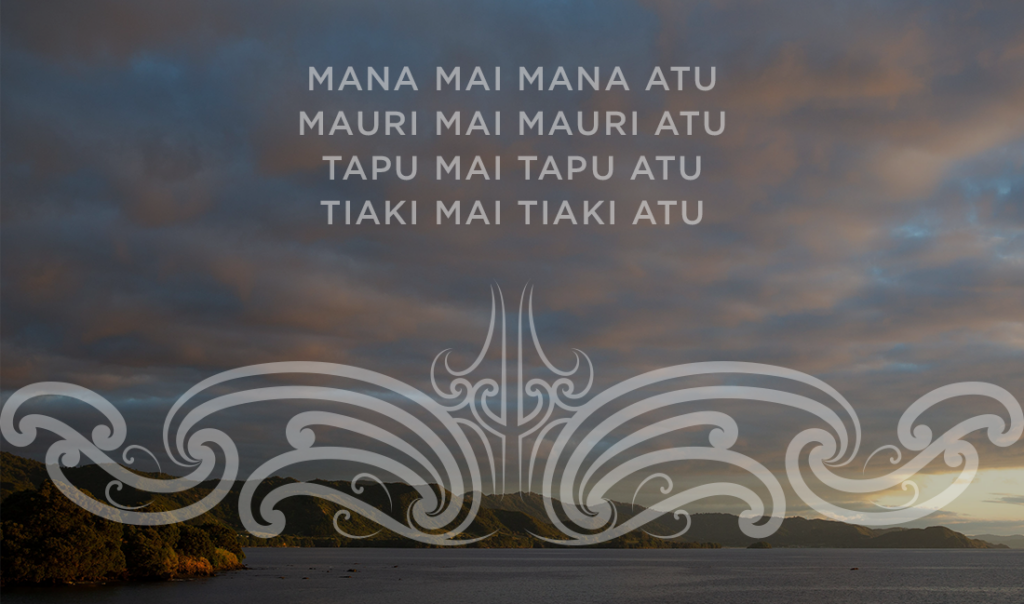
Funding document
We have made an effort to pull together what information we can about funding avenues from a variety of different sources but know we definitely will not have captured everything! We know there is more out there, and that you will know about things we don’t. Please share any opportunities you know of, and we can add to this document after Tiaki Mai Tiaki Atu. Funding rounds currently open for applications are highlighted green.
